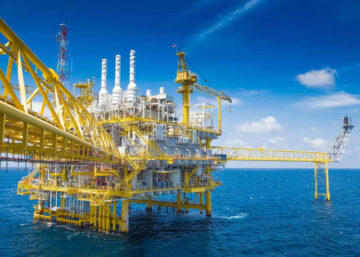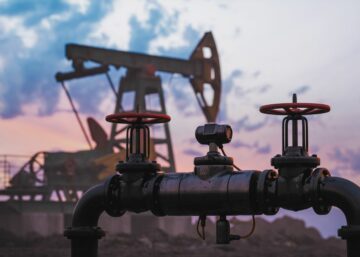The impact of the recent extreme cold weather on the country’s energy supply should raise important questions for politicians as they consider the pathways towards future decarbonised energy, says OFTEC.
The concerns over maintaining electricity supplies and whether natural gas would run out during the big freeze were, in the main, unfounded. However, the situation could have been very different if the UK were heavily dependent on electricity for heat and transport as outlined in many decarbonisation proposals.
A combination of prolonged extreme weather, low temperatures and low wind speeds would place an enormous strain on the grid’s ability to generate sufficient electricity from renewable sources. This, combined with the enormous spike in demand, could leave many consumers without heat, light or transport – just when it is needed most.
OFTEC Chief Executive Paul Rose, comments “Fuel security should be high on the list of priorities when energy planners and politicians are thinking about how to decarbonise our energy needs. The recent cold spell put severe strain on natural gas supplies and both oil and coal were required to help produce power at the major power stations.”
“Many policy advisors advocate a shift to decarbonised electricity for our future energy and transport needs. However, relying on one fuel type may leave us vulnerable over the winter months, particularly during extreme weather conditions which are expected to become more commonplace in our increasingly unpredictable climate.”
“At OFTEC, we believe that no single solution can meet society’s future energy needs. Embracing a broad mix of energy sources would reduce risk and we advocate an approach which would see a combination of low carbon liquid fuels, gas, biomass and electricity, depending on which best suits the needs of the homeowner.”
“While OFTEC in principal supports Government’s desire to reduce carbon emissions, this cannot be at the expense of energy security.”



